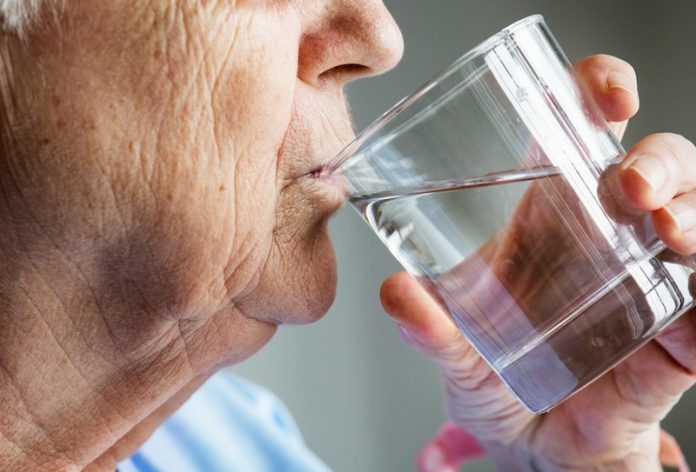
Researchers from the University of Rochester and other institutions are studying how a chemical called trichloroethylene, or TCE, might be connected to Parkinson’s disease. TCE is a chemical that has been used for many years in factories to clean metal parts, remove caffeine from coffee, and dry clean clothes.
Parkinson’s disease is a serious condition that slowly gets worse over time. It affects how people move, making them shake, feel stiff, move slowly, and have trouble with balance and coordination. People with Parkinson’s may also have trouble speaking and writing, lose their sense of smell, feel sad or depressed, and have trouble sleeping.
Scientists have been working for a long time to understand what causes Parkinson’s disease. They think it is caused by both genetics (things we inherit from our parents) and environmental factors (things we are exposed to around us). Some known risks include age, a family history of Parkinson’s, contact with certain chemicals, and serious head injuries.
TCE has been suspected to be linked to Parkinson’s since 1969. Newer studies show that people who have had a lot of exposure to TCE may be up to five times more likely to develop Parkinson’s disease than people who haven’t been exposed to it. TCE isn’t just a problem in factories.
It can pollute the air, underground water, and even indoor air through soil or water contamination. This means people can be exposed to TCE in their homes, schools, or offices without even knowing it.
Even though TCE is still used in many places, we don’t yet fully understand how it might cause Parkinson’s. That’s why researchers have reviewed past studies and closely examined seven real-life cases where people were exposed to TCE and later developed Parkinson’s disease.
Their findings suggest that TCE could be one of the reasons why more and more people around the world are being diagnosed with Parkinson’s. If this is true, then reducing exposure to TCE could help prevent some of these cases.
At the moment, there is no cure for Parkinson’s disease. Treatment usually focuses on helping people manage the symptoms so they can live better lives. One common approach is giving medicine that increases dopamine, a brain chemical that is too low in people with Parkinson’s.
Other medicines may help with different symptoms like sleep problems or mood changes. Regular exercise and physical therapy can also help people stay active and keep their body moving well.
Living a healthy life by eating well, staying physically active, reducing stress, and avoiding harmful chemicals like TCE may help people with Parkinson’s feel better. Being part of support groups or talking with a counselor can also help both patients and their families cope with the disease.
As we learn more about how TCE might be linked to Parkinson’s, it becomes very important to protect people by limiting their exposure to this chemical. That means improving safety at work and reducing pollution in the environment.
The study, led by Dorsey Ray and his team, was published in the Journal of Parkinson’s Disease. Their work helps us understand more about how our environment affects our health and why ongoing research is so important.
If you care about Parkinson’s disease, please read studies that Vitamin B may slow down cognitive decline, and Mediterranean diet could help lower risk of Parkinson’s.
For more information about brain health, please see recent studies that blueberry supplements may prevent cognitive decline, and results showing Plant-based diets could protect cognitive health from air pollution.
Copyright © 2025 Knowridge Science Report. All rights reserved.



